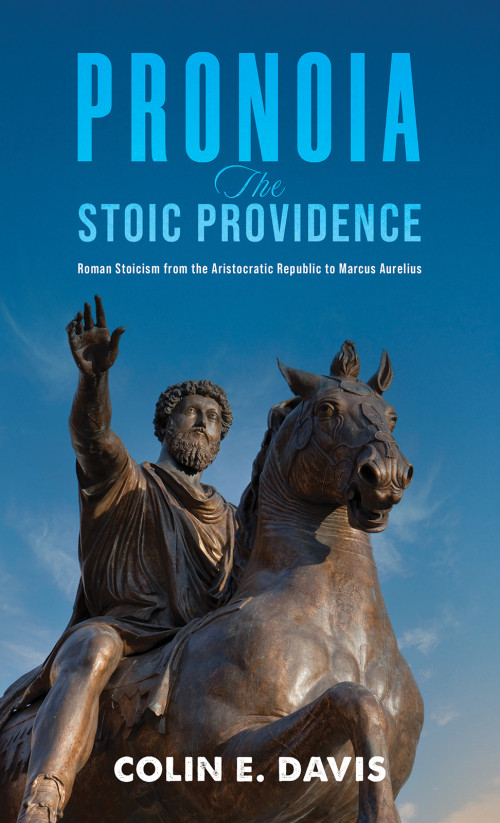In the vast expanse of the mind lies a space, delicately poised between tangible reality and the ethereal unknown. This realm, governed by the unwavering justice and cosmic reason of the logos, is familiar to only a select few: philosophers who grasp its profound significance. Within Pronoia: The Stoic Providence, the spotlight is cast not on a linear history of Stoicism, but on its deeper theoretical underpinnings. The narrative delves into the Stoics’ understanding of humanity’s place within this living logos and the contrasts between these philosophical beliefs and the martial character of the Roman state. As the text unfolds, readers are introduced to how Stoic thought shaped the vision of an ideal state and the role of the principate from Augustus to Marcus Aurelius. Critical questions emerge: Why did the Stoic circle uphold the ‘optimus civis’ and dismiss certain emperors they deemed unworthy? How did iconic Stoic figures like Cato the Younger and his nephew Brutus become symbols of philosophical resistance against the early empire’s less ‘enlightened monarchs’? Only the philosopher-king, wielding the wisdom of both worlds, can bridge these realms, bestowing upon his subjects a understanding of their cosmic destiny.This exploration illuminates the intricate intersections of philosophy and politics within the Stoic worldview.
This Brisbane writer obtained his master’s degree in Classics from the University of Queensland in 1980 and is an international baccalaureate examiner. Prior to retirement, he wrote and coordinated for External Studies in Roman History for the Brisbane School of Distance Education.
Colin has had three novels published, Poseidon’s Grotto, The Flux and Logos, each based on Heraclitean and Platonic philosophy in addition to a theological work, The Messianic Apostasy, examining Pauline concepts. He has just completed another theological work, Saul’s Messianic Khrestus.
Customer
Reviews
0 reviews
Write a Review

